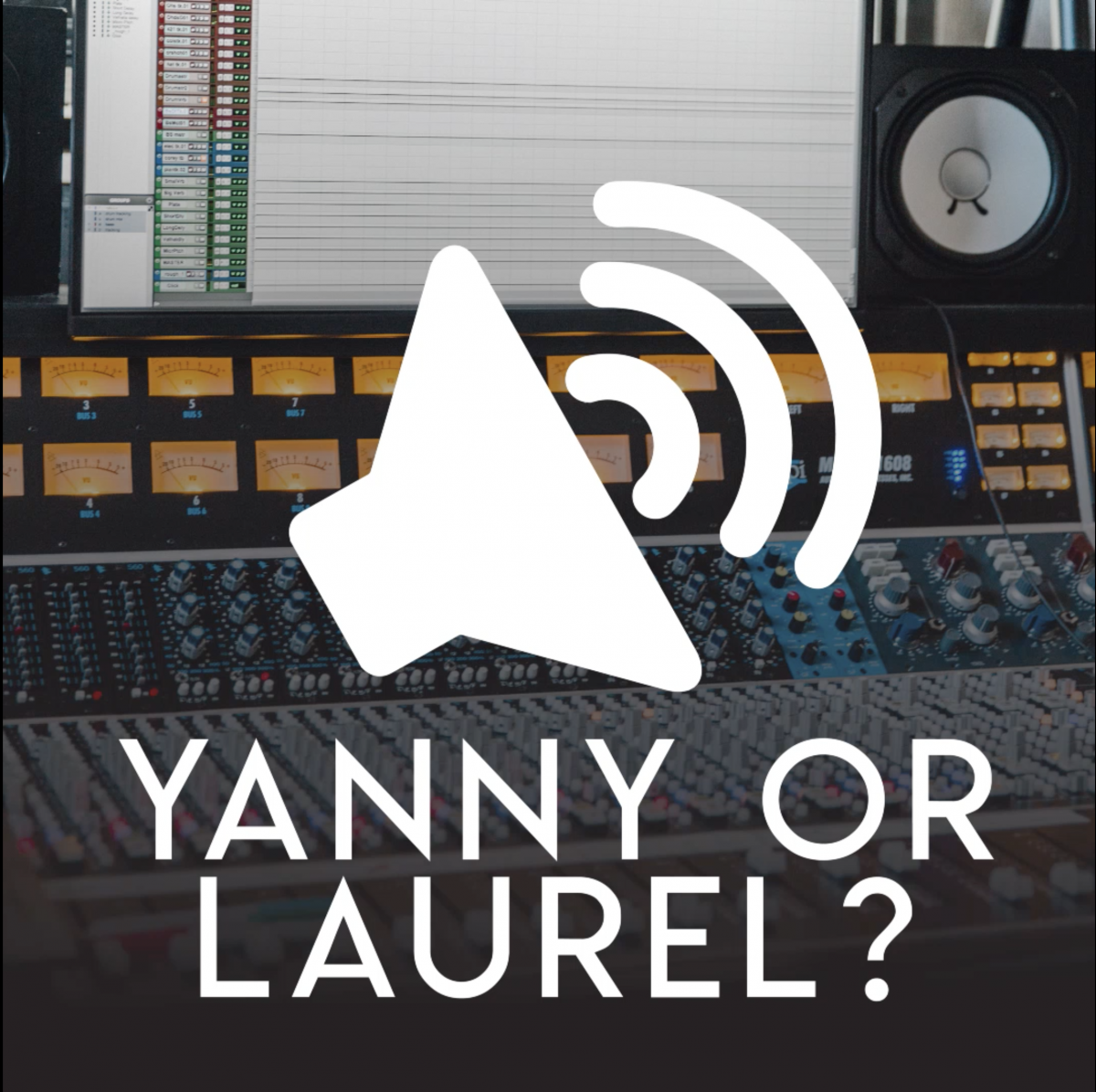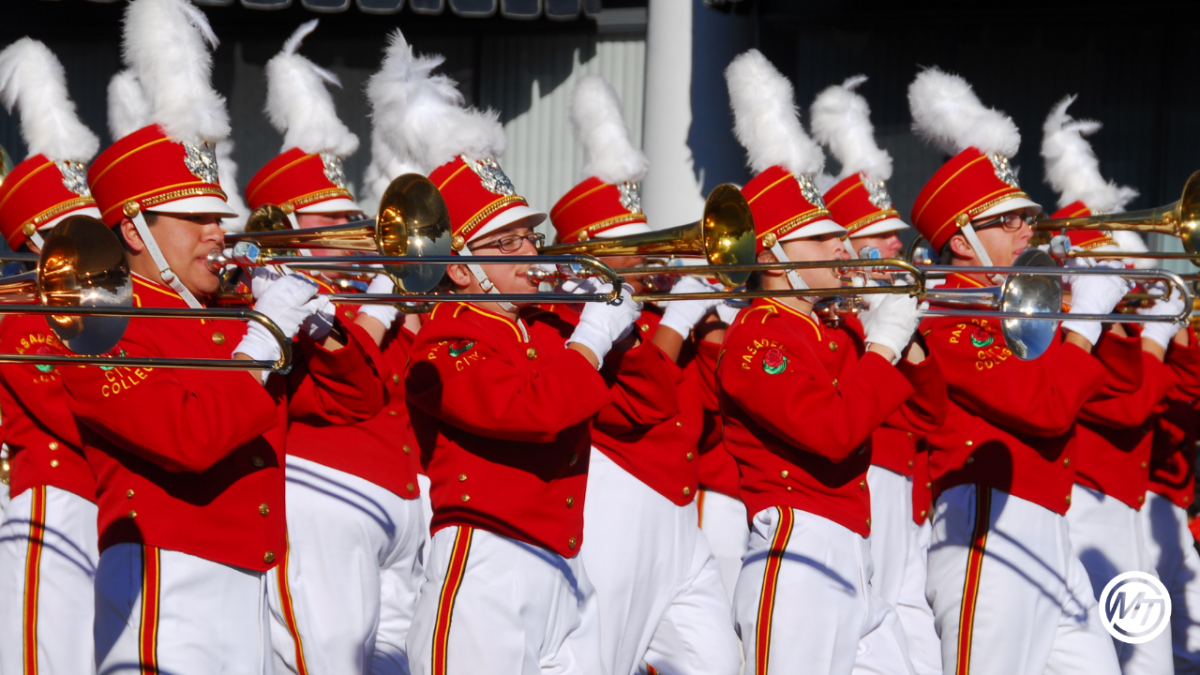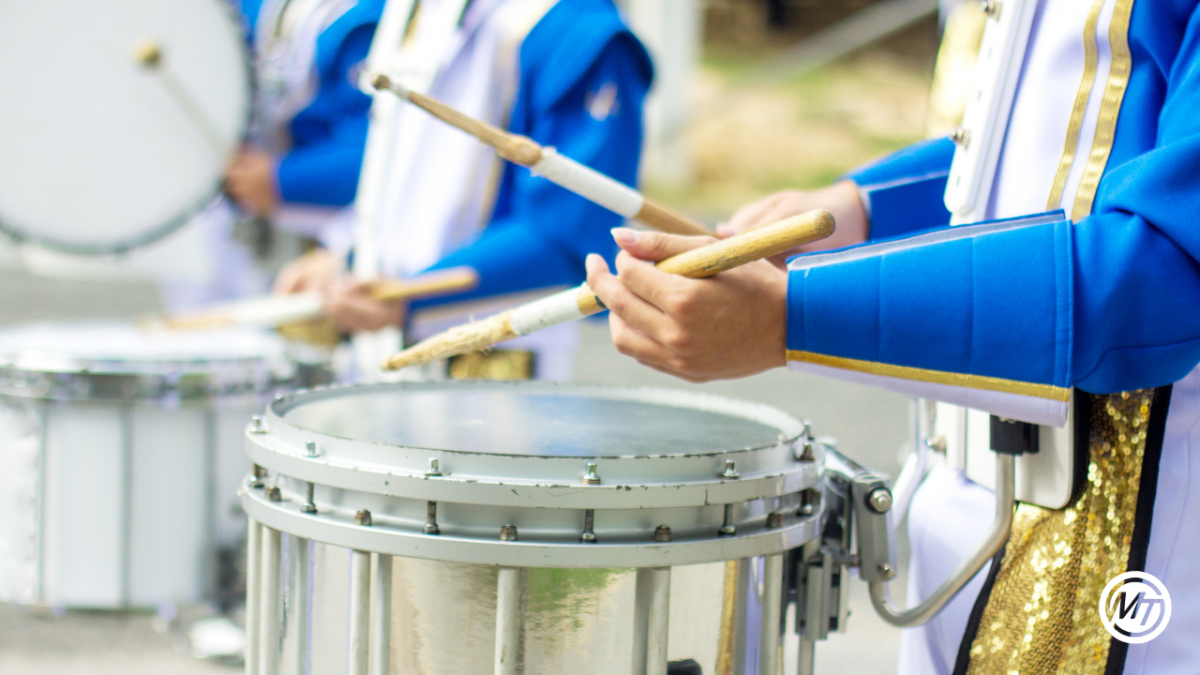If you’re wondering how to be successful at parenting musical prodigies, you’ve come to the right place.
It can be difficult (and often expensive) to choose the healthiest educational tools that will best foster your child’s talents. There are a million and one resources, from online resources to band camp to private tutors.
Knowing where to start can be as complicated as nodding through those first innocent but pitchy violin notes.
To make fostering your child’s growing musical curiosity a smidgen easier, here’s our guide on how to teach your children music.
Parenting Musical Prodigies: When to Start?
According to PBS, “By age five, most children have built a foundation that has prepared them for formalized music lessons”.

Some parents find it best to wait on structured musical education until their child can clearly express musical interest. Although this option avoids the, “My parents made me” story that we often time hear children citing, it’s evident that every child is different.
Trust your parental instincts when choosing the right time to pursue a musical education. Leopold Mozart began teaching his son at four years old and his child ended up alright…
Additionally, there are many benefits of playing a musical instrument. In Time Magazine’s article titled This Is How Music Can Change Your Brain, this is said about the benefits of teaching your young children music:
“Science has shown that when children learn to play music, their brains begin to hear and process sounds that they couldn’t otherwise hear. This helps them develop “Neurophysiological distinction” between certain sounds that can aid in literacy, which can translate into improved academic results for kids.” – Time
In addition to the benefits mentioned in Time Magazine, MusicOomph has put together an extensive list of 25 benefits which can come as a result of playing a musical instrument.
Also, our friends at Mom Loves Best created this amazing infographic which beautifully summarizes many benefits babies and young children can obtain from music, and how you can incorporate music with your kids. Take a look!

As you can see, there are many benefits of introducing music and music education to your kids.
Luckily, there’s not a “no turning back” period for teaching music. Maybe your child is just walking into a middle school or maybe they’re graduating soon. Learning to play music stretches the brain in ways that it can’t without music… no matter what age.
Ask yourself these five questions:
• Does your child constantly sing or hum?
• Does music make your child move, toe tap, or dance?
• Does your child try to match pitch with everyday noises?
• Can your child hold a beat or a rhythm when clapping or snapping?
• Do they often repeat songs out loud, proving they can remember a melody?
If you answer yes to these questions, it might be time for your child to pursue a musical education.
However, before shelling out large amounts of cash to your local music teacher to teach your child, let’s first find how your child learns best.
How Does Your Child Learn?
As a parent, you might already notice how your child acquires new skills or even your own good (and bad) habits. Recognizing their learning behaviors is the first place to start when looking for learning resources.
Is your kid a self-starter?
Do they work better in pairs?
Are they visual, auditory, reading/writing, or kinesthetic learners?
Each learning type responds best to a different method of teaching. It’s unfair to both the teacher and the student if we don’t first take the time to build an environment where students learn best.
If you’re unsure about your child’s learning style, one option is to take this online assessment test to with your child to discover their learning style. (Source: http://www.educationplanner.org/students/self-assessments/learning-styles.shtml)
Once you feel confident about what the best learning environment is for your prodigy child, the next step is to explore the various resources available at your fingertips.
Exploring Different Learning Resources
Online Resources – Best for self-starter, visual, and auditory learners.
YouTube Tutorials: There are 1.4 million results for, “guitar lessons for kids” on YouTube. There are equal amounts of search results for almost every instrument imaginable.
 That’s a lot of results to sift through.
That’s a lot of results to sift through.
We won’t be rash enough suggest that every one of these videos is going to enlighten your child, but the quality educational content does exist on YouTube and it can be a useful resource for the self-starter type.
However, while YouTube tutorials are popular and probably the easiest free resource to access, we wouldn’t suggest Youtube as the sole source of knowledge for your child’s musical education.
You can’t deny its convenience, but you also can’t deny its difficulty in being relevant to all age groups either. Not to mention sifting through ads, distractions, and poor instructors can waste you a lot of time.
In an interview with Fast Company, Furmanczyk (a Youtube creator with more than 44 million views on their musical tutorial videos) said, “You can’t be fully understood by a 5-year-old, 70-year-old retired veteran, and a 17-year-old teenager all at the same time”.
In short, YouTube tutorials are a great tool to figure out the commitment level of your musically inclined child, it just might not be the end all be all means of parenting musical prodigies.
Protip: create a playlist of approved tutorial videos for your child to explore. This way your child feels entrusted to learn and research on their own without you watching over their shoulder for “not so educational content”. You can also enable Youtube’s safety mode for childproof browsing.
Subscription-based online lessons: Most online subscription websites will have a rubric that offers more structure than just an online tutorial, but still welcomes the learner to work at their own pace.
Luckily, we at Musician’s Toolkit are experts in the field of online music education. We offer dynamic video lessons, courses, and interviews with expert instructors. We’ve collected the music industry’s finest and most distinguished professionals to share their knowledge with your child.

Additionally, we have interactive quiz assessments to check for understanding and virtually every aspect of music education online. Through our quiz structure, you can make sure that your child is truly learning from each video lesson for ensured progress.
What’s more, since we’re a subscription-based platform, you won’t have to worry about ads or other distractions that you sometimes find on other platforms like YouTube. Our course structure is designed to give your child the freedom to create the learning pathway the best fits them.
Protip: Because our Toolkit covers many different areas of music education, start your child on one topic to see how they respond and grow with their newly discovered musical schooling. We suggest Musician’s Toolkit for any child ages 11+ that are curious about a musical instrument, music business, music composition, and music recording.
Peer Resources
Best for dependent, reading/writing, and kinesthetic learners.
Group Lessons: Usually, “outside the home” educational tools cost more than online options and deserve an appropriate budget. Group lessons tend to be more affordable than private one-on-one lessons, but still, encourage a similar atmosphere.

Music classes are most resourceful for the, “sometimes dependent” child who learns best through interaction. Not only can your child learn and collaborate with an instructor, but they can also study with their peers to refine their techniques and practices.
Participating in a group setting has specific social benefits for your child as well. Going to a weekly group lesson can give children a sense of belonging and understanding as they engage, communicate, and collaborate with other children their age who share their musical interest.
Protip: A good ‘ol Google search for “music classes for children near me” will deliver options near you.
School and Community Based Bands and Ensembles: Most public school communities offer the standard music programs of band, orchestra, and choir. Some offer other diverse ensembles that can be participated in such as jazz, quartets, and singing groups.
It is important to select a program WITH your child, making sure you both feel it fits and offers quality music education.
Music programs can become an integral part of your child’s social and scholastic life. They are often times an extended part of your family.
We strongly support music teachers and programs and highly encourage you and your child to be active participants in the music programs your local school and community offers. This will play an integral role in motivating students to practice instruments and music.
If you’re unsure of where to begin on helping your child pick an instrument or music program, our friends at Be Part of the Music will help you get started.
Private Lessons: One-on-one music lessons offer more benefits than a class or group setting. This is because an experienced instructor will analyze your child’s learning behavior and know how to best teach musical skills without having to divide their energy among other students.
If your child seems frustrated with their learning progress, private lessons can help re-instill self-esteem and a sense of focus. Dependent type learners will find it easier to stay motivated with a private instructor as well.
Protip: If you or your child feel like they’re falling behind in a group or classroom setting, private lessons can help your child keep up outside the classroom. If you prefer local private lessons, you can seek referrals from friends and your child’s music teachers at school.
Direct Resources
For the parent wanting to learn music so they can teach their children.
Do you feel capable enough in your musical knowledge to train your child? If yes, then we suggest utilizing some of the online tools that we mentioned above in your teaching. Like we said, Mozart learned from his father and we know how he turned out…
If the answer is no, but you’re wanting to learn music for yourself in order to pass down your knowledge to your children, the resources at your disposal are similar.
Even better, taking the musical journey WITH your child can sometimes build camaraderie and lessen the fear of failing that some children face when learning something new like a musical instrument.
We’re also large supporters of the Suzuki Method. The Suzuki approach, however, relies on parent responsibility, loving encouragement, and constant repetition.
If you’re interested to train in the Suzuki philosophy and approach, the Suzuki Association of the Americas offers a Teacher Development Program, plus a myriad of other resources to help with your involvement in your child’s musical journey.
Get yourself into a music class for adults. Get a private tutor. Subscribe to an online platform like Musician’s Toolkit that will walk you through the steps of music theory.
Start Today
The key to maximizing your child’s brain power when it comes to music is interaction, not just appreciation.
We also believe that music begins in the home. Discover how your child learns best, then provide the appropriate resources that will foster a safe environment for your child to learn something new.
Lastly, there’s nothing wrong with a little trial and error.
Your child might switch between three different instruments or three different learning platforms. Frustration might come when progress isn’t being met the way you or your child would like it to happen.
However, the goal is to not give up. Keep your child learning, ask them for their input, and to provide as much creative support as possible.
You can start today by opening up a conversation with your child about their musical interest. Ask them what they’re most curious about, what they’re most excited about learning, and how you as a parent can best support them in this journey.
And remember, it’s never too late to learn music.
Sources:
1.) Music Resources for Parents. (n.d.). Retrieved from http://www.artsalive.ca/en/mus/musicresources/parents.asp
2.) Cutietta, D. A. (n.d.). What’s the Right Age to Begin Music Lessons? Retrieved from http://www.pbs.org/parents/education/music-arts/whats-the-right-age-to-begin-music-lessons/
3.) O’Donnell, A. (2017, March 10). How to Use YouTube’s Parental Controls. Retrieved from https://www.lifewire.com/youtube-parental-controls-2487977
4.) Kwan, A. (n.d.). 6 Benefits of Music Lessons. Retrieved from http://www.parents.com/kids/development/intellectual/benefits-of-music-lessons/http://www.parents.com/kids/development/intellectual/benefits-of-music-lessons/
5.) Locker, M. (2014, December 16). This Is How Music Can Change Your Brain. Retrieved from http://time.com/3634995/study-kids-engaged-music-class-for-benefits-northwestern/
6.) Reed, D. (2012, February 15). YouTube Music Lessons Are Popular, But Won’t Get You To Carnegie Hall. Retrieved from https://www.fastcompany.com/1799124/youtube-music-lessons-are-popular-wont-get-you-carnegie-hall




